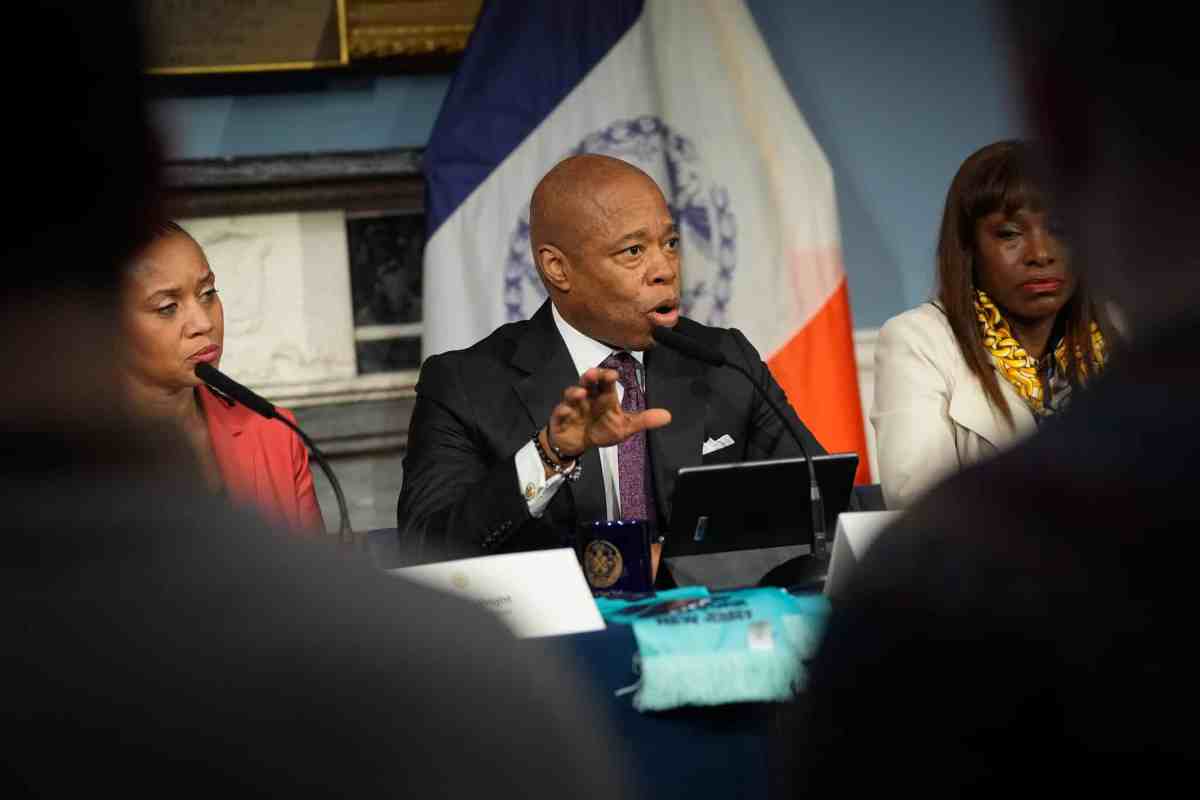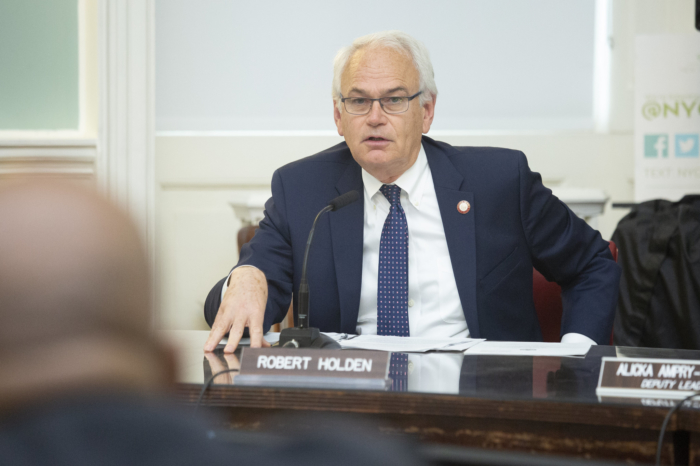By Kenneth Kowald
Sometime during the wonderful education I received in New York City schools, I became aware of Benjamin Franklin. In those days, you learned a great deal about the poor kid from Boston who made it big in Philadelphia and was one of the Founding Fathers.
I read little by Franklin himself, however, either at JHS 73 in Maspeth or Newtown High School.
But I remember that at some point many things Franklin said and wrote began to make a great impression on me. It seems he rarely said something with aggressive definitiveness. Rather, he was given to saying “I believe,” “It seems to me” or “Perhaps.”
Clearly he was a man open to the world around him, who did not shut himself off from any influences. And that, I believe, helped to make him the great American icon in his own long life and in the centuries since.
I do not know whether Franklin ever set foot in what is now Queens. The nearest he may have come — at least before we became a country and the capital was New York City — was a meeting at the Conference House on Staten Island, during summer 1776, in a last-ditch attempt to stave off a war between England and its colonists. It failed, of course, but they tried. You can visit the Conference House; it is worth doing.
Franklin’s remarkable career makes him, to me, the quintessential American. He was a Renaissance man in so many ways. His ability to listen to others, to try to understand them, to try to persuade them is something that in this age of expletives and screaming would seem much in order for many people — including, I fear, almost every politician in our divisive country — to think about and emulate.
Franklin lived a long life and, I feel sure, he was not always happy with what was happening in the world. But he was a man of the world in the truest sense, and he wanted to see progress, not the bitterness of partisan strife. He even had the tragedy of a son, William, the last royal governor of New Jersey, adhering to the crown position. The son went into exile in England. They never reconciled.
Even as the U.S. Constitution was nearing a vote, he made it clear he would agree to it, although he felt it was not ideal. He said so on the floor of the Constitutional Convention. You can read what he said. It is worth doing. Franklin, like so many of his contemporaries, could be articulate and persuasive.
But then, Franklin was wise enough to know that human beings are not ideal and do not always, if ever, do the ideal thing.
That flawed Constitution he voted for has given us the best nation in the history of the world, I think. I believe he knew that might be the case.
Let’s think about that this September, as we remember Constitution Day Wednesday, Sept. 17.
I wonder just how many teachers will note that day with their classes. After all, didn’t we just spring full-grown from the atmosphere with no past at all? So is observance of Constitution Day necessary? I would hope it is.
I believe. It seems to me. Perhaps. Not ideal, but I will vote for it.
All wiser and better than my way or the highway, you jerk.
Don’t you think so?
Thank you, Ben.
Read my blog No Holds Barred at timesledger.com.































